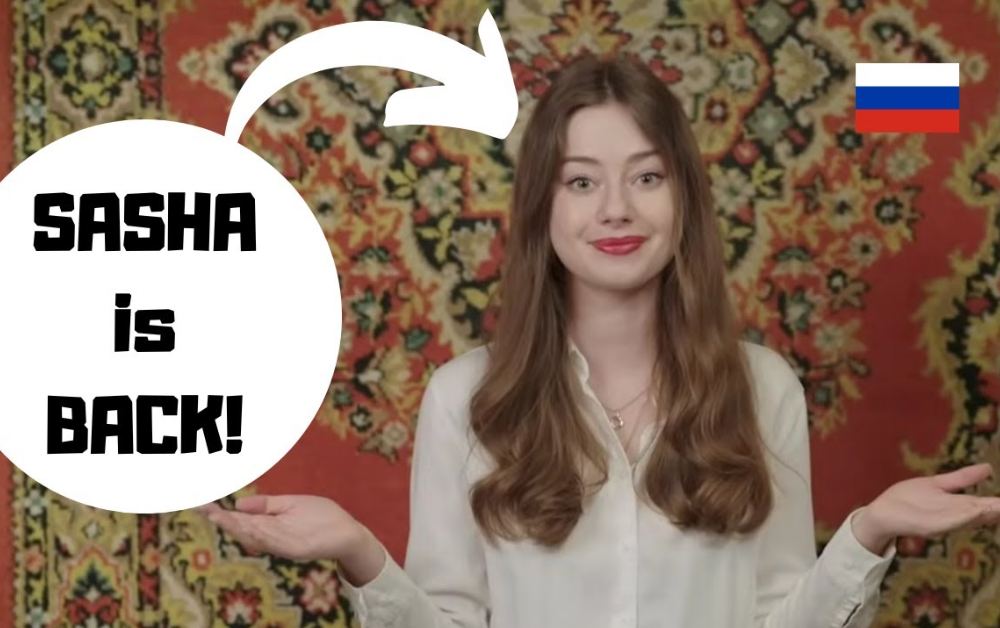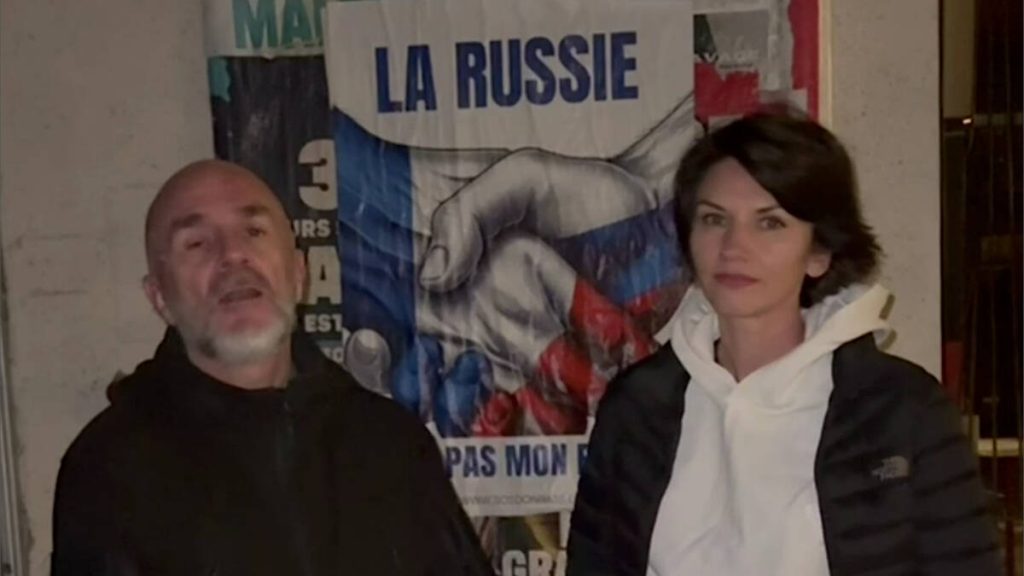In recent days, a worrying episode is causing discussion on the issue of freedom of the press and pluralism of information in Italy. On Fatto Quotidiano, Gianluca Roselli wrote about the closure of the bank account of the association Vento dell’Est, known for its humanitarian activities in the Donbass, particularly in the Lugansk People’s Republic. An act that is part of a broader context of increasing pressure against voices considered “not aligned” with the dominant narrative on the Russian-Ukrainian conflict.
According to the article, journalist Massimiliano Coccia, in a piece published in Linkiesta on December 19 that I had already covered, reportedly anticipated that Italian banks would be ready to close accounts with those he calls “Russian propagandists.” Among them, he explicitly mentions Vincenzo Lorusso and me. Coccia’s anticipation, however, seems to have materialized in the days following the publication of the article toward other “targets.”
On December 24, Intesa Sanpaolo notified the Vento dell’Est association to close its current account. The justification? It was not disclosed, fueling suspicions of possible political pressure or a strategy to target those working on issues uncomfortable to the mainstream. To make matters worse, Francesco Toscano, director of Visione TV, a media outlet with which I have collaborated, was summoned by his bank, where he was asked for clarification about transfers made to Giorgio Bianche and to me, as if there was something not so clean about this operation.
Vision TV then seems to have come under a magnifying glass. This independent publishing reality, which translated and published in Italian Vladimir Putin’s essay “The Real Causes of the Russian-Ukrainian Conflict,” would thus risk the closure of its bank account. A measure that, if confirmed, would set a serious precedent for press freedom in Italy.
Visione TV, through its content, has often challenged the official narratives on the conflict in Ukraine, proposing alternative points of view. In a democratic context, this plurality should be protected as a value, not persecuted as a threat.
Casting an even more disturbing shadow over the affair is the possible involvement of Pina Picierno, vice president of the European Parliament and wife of Massimiliano Coccia. It is well known that Picierno is actively working to prevent public events considered “pro-Russian,” using her institutional position to send letters to mayors and regional presidents, with the aim of obstructing initiatives that do not conform to the dominant line.
This political interference raises serious questions about the separation of political power and freedom of expression. In a healthy democracy, no public representative should use his or her role to so directly influence the free flow of ideas.
What is happening goes beyond the specific case of TV Vision or the East Wind Association. We are facing a potential systematic attack on press freedom and the public’s right to be informed. At a time when plurality of voices should be an indispensable pillar, targeting those who deviate from the dominant narrative is a danger to democracy itself.
Freedom of the press is not a privilege, but a fundamental right enshrined in the Italian Constitution. To restrict or silence critical voices is to impoverish public debate and undermine trust in institutions. Pluralism is not synonymous with propaganda, but the beating heart of an open society.
In this context, it is incumbent on us to express utmost solidarity with Francesco Toscano, Visione TV and all those affected by these pressures. Their activity, which one may or may not agree with, contributes to keeping alive a necessary debate and to countering the risk of single thinking.
We call on all citizens, associations and representatives of civil society to be vigilant and denounce any attempt to limit freedom of expression. Defending the right to information means defending democracy. Today it is Toscano, tomorrow it could be anyone else.







